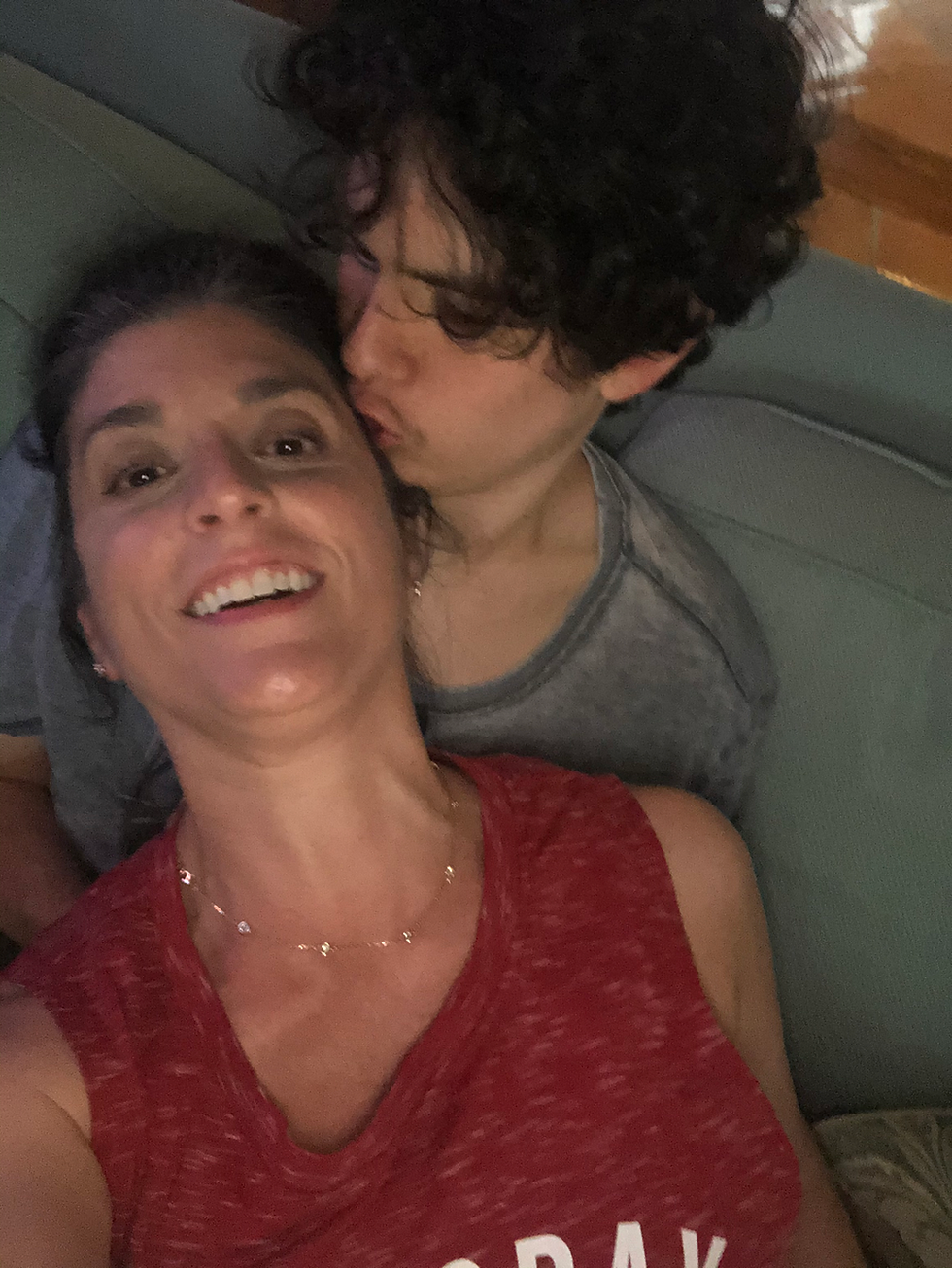Teenage Love <3 Languages
- khebertlcsw
- Feb 12, 2021
- 3 min read
I am not positive if I have ever heard of anyone becoming excited as their child enters the teenage years. Many fear it, few glorify it but how do we survive it??? Of course, there is beauty in some aspects of this phase of life, but this stage is undeniably challenging for most. You might have a teenager, work with teenagers or remember when you were a teenager. Either way… Hello, hormones!
Some psychotherapists, like myself, love these sassy, spunky, awkward people. They are discovering the world from an adult lens yet legally and emotionally not yet an adult. Confusing, right? This is often why they themselves feel confused and have full blown meltdowns over which socks to wear or why they need the one wet school shirt in the washer even though there are three clean ones hanging in their closet. Their developmental role is a stage we call ‘Identify versus Role Confusion’. Who am I? Who do I want to be? What role do I want to assume in my peer group? How do I want others to view me? We can see it most in their wardrobe. How dare you buy them a leopard top which was a previous favorite… they only wear oversized sweater in the heat of the summer. Geez!
As parents of teens, we often feel lost in many ways. What does slay mean? Who is sic? When they say dope, are we talking about drugs? What is the deal with all these capital letters as if everything is in code?
How do we change our role from complete caregiver to forming a meaningful relationship with our newly independent teenager? How do I not helicopter?? It is important to remember the difference from our disciplinarian parenting role and our parent-child relationship role. Most parents struggle how to balance both. Seriously though, how do I not helicopter???
We must have a basic understanding of our teens to even start a true meaningful relationship with them. I know what you are thinking… lady, you are crazy! How do I understand them if I cannot get more than “fine” after asking about their day? Even if they are not ready to talk, we do not need their participation to understand THEM. Do you truly understand how your teenager wants to be love?

The famous book, The Five Love Languages, by Gary Chapman has been used and promoted to help couples better understand each other and express meaningful love. It was written with the overall message that people love their spouse how they themselves want to be loved instead of understanding how their spouse wants to be loved. Did you know there is one for teens?! Yes, The Five Love Languages for Teenagers. Parents… run to the store now. You are welcome, Gary! Disclaimer: I am not a spokesperson, nor do I sponsor this book series. It is just THAT relatable. Let us break down the five types as it related to teens.
Love Language #1: Physical Touch- Sitting on your lap as a child and now rubbing their back as a teen. You will likely face resistance if you kiss your teenage son after a game. Embarrassing, Mom! Instead, pat his back or a father may playfully wrestle with him. NEVER TRY TO DEMONSTRATE PHYSICAL TOUCH WHEN A TEEN IS ANGER (often viewed as control instead of love).
Love Language #2: Words of Affirmation –Saying you love them, giving compliments.
Love Language #3: Quality Time- Phone away. Full attention. Car ride together listening to their favorite music, watching a game with your son. Remember the focus must be on your child not just the activity to be considered quality.
Love Language #4: Acts of Service- Packing their lunch. Picking them up from school versus riding the bus. Fixing their hair. Fixing their favorite meal. Help make flashcards.
Love Language #5: Receiving Gifts- Sentimental gift, i.e. metals. Genuine gifts... “I picked up some new shoes for you that I thought you might like.“ Not the rewards you promised for doing something requested.
Why is this important? Simply stated, people shut down in relationships when they feel misunderstood.
Key Points to Remember:
Learn your teen’s love language (take the test) and focus on the time, place and manner in which they would like to receive it. Most teens prefer to receive love from their parents within their own home versus in front of their peers.
Do not withhold their love language when you are unhappy with their behavior. It will demonstrate manipulation and conditional love.
The way in which you demonstrate love to your child will be different than how you will to your teenager.
FILL THOSE LOVE TANKS – TAKE THE QUIZ – THANK ME LATER!





Comments